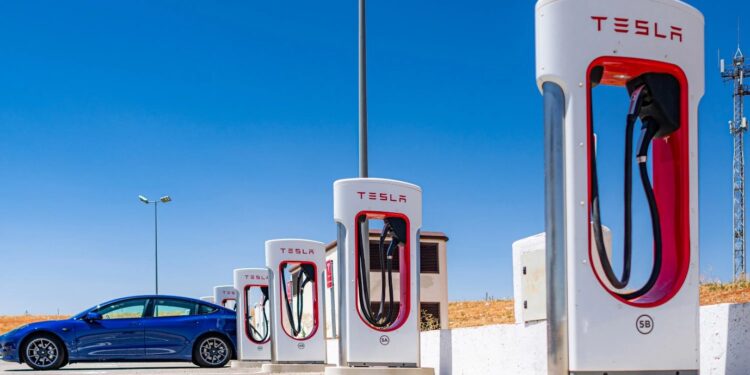Tanzania is witnessing a significant shift towards eco-friendly vehicles, reflecting a broader global trend toward sustainability and environmental responsibility. This article explores the growing adoption of eco-friendly vehicles in Tanzania, the factors driving this change, and the implications for the country’s transportation sector and environment.
The Rise of Eco-Friendly Vehicles
The automotive landscape in Tanzania is evolving as more consumers and businesses opt for eco-friendly vehicles. These vehicles, which include electric cars, hybrids, and those powered by alternative fuels, are gaining popularity due to their environmental benefits and increasing affordability. The shift towards greener transportation solutions is driven by a growing awareness of environmental issues and the need to reduce carbon emissions.
Electric vehicles (EVs) and hybrid cars are leading this transformation, offering a cleaner alternative to traditional gasoline and diesel-powered vehicles. With advancements in battery technology and a reduction in production costs, eco-friendly vehicles are becoming more accessible to Tanzanians, contributing to a significant change in the automotive market.
Government Initiatives and Support
The Tanzanian government has played a crucial role in promoting the adoption of eco-friendly vehicles. Through various initiatives and policies, the government is encouraging both consumers and businesses to invest in greener transportation options. These measures include offering incentives such as tax breaks, subsidies, and reduced import duties for eco-friendly vehicles.
Additionally, the government is investing in infrastructure to support the growth of electric vehicles, such as charging stations and service centers. These investments are essential for creating a supportive ecosystem for eco-friendly vehicles, ensuring that they are practical and convenient for everyday use.
Environmental and Economic Benefits
The shift towards eco-friendly vehicles offers numerous environmental and economic benefits. Environmentally, these vehicles contribute to reducing greenhouse gas emissions and air pollution, which is crucial for improving air quality and combating climate change. By adopting greener transportation solutions, Tanzania can significantly lower its carbon footprint and contribute to global sustainability efforts.
Economically, the transition to eco-friendly vehicles can reduce the country’s reliance on imported fossil fuels, leading to cost savings and a more stable energy market. Moreover, the growth of the eco-friendly vehicle sector presents new business opportunities, including the establishment of local manufacturing and maintenance facilities, which can create jobs and stimulate economic growth.
Challenges and Opportunities
Despite the positive momentum, the adoption of eco-friendly vehicles in Tanzania faces several challenges. High upfront costs, limited charging infrastructure, and a lack of consumer awareness are some of the barriers hindering widespread adoption. Addressing these challenges requires coordinated efforts from both the government and private sector to develop affordable solutions and enhance infrastructure.
However, these challenges also present opportunities for innovation and growth. By investing in research and development, Tanzania can become a leader in eco-friendly vehicle technology and infrastructure. Collaboration between stakeholders, including policymakers, automotive manufacturers, and environmental organizations, will be key to overcoming obstacles and driving the transition towards greener transportation.
The Future Outlook
The future of eco-friendly vehicles in Tanzania looks promising as the country continues to embrace sustainability and environmental responsibility. With ongoing government support, technological advancements, and growing consumer interest, the eco-friendly vehicle sector is expected to expand further.
As Tanzania moves towards a greener future, the adoption of eco-friendly vehicles will play a pivotal role in shaping the country’s transportation landscape. By prioritizing sustainability and investing in innovative solutions, Tanzania can achieve a cleaner, more efficient transportation system that benefits both the environment and the economy.




